Diversity in the past
The materials in this section are all focused on the choices that teachers have to make about the substantive content of their curriculum. The diversity that all students encounter within the past – the range of specific individuals and groups of people about whom they learn – and the ways in which different topics are treated within the curriculum are known to impact on the extent to which young people engage with school history and on the connections that they see between past and present. The resources in this section illustrate different ways in which teachers have increased the diversity of their curriculum – paying more attention, for example, to women other than monarchs in the early modern period; examining the work of Black British civil rights campaigners; or questioning the stereotype of the English ‘Tommy’ in examining who fought for Britain on the Western Front. Teachers will need to develop their own subject knowledge if they are to teach more diverse pasts and many of these resources help to provide some of that new knowledge or show where it can be found.
-

Cunning Plan 186: teaching Samurai Japan in Key Stage 3
ArticleClick to view -

Bringing school into the classroom
ArticleClick to view -

Cunning Plan 185… for building difference into GCSE curriculum design
ArticleClick to view -

Illuminating the possibilities of the past
ArticleClick to view -

Teaching Britain’s ‘civil rights’ history
ArticleClick to view -

Diversity resources and links for secondary history
ArticleClick to view -

Year 7 use oral traditions to make claims about the rise and fall of the Inka empire
ArticleClick to view -
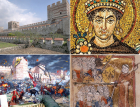
Planning a more diverse and coherent Year 7 curriculum
ArticleClick to view -

Triumphs Show: Diversifying the curriculum at A-level
ArticleClick to view -
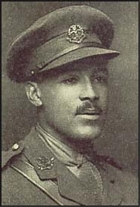
Walter Tull: Sport, War and Challenging Adversity
ArticleClick to view -

In pursuit of shared histories: uncovering Islamic history in the secondary classroom
ArticleClick to view -

Diversifying the curriculum: one department’s holistic approach
ArticleClick to view -

Move Me On 183: sees no reason to include Black or Asian British history
ArticleClick to view -

Decolonise, don’t diversify: enabling a paradigm shift in the KS3 history curriculum
ArticleClick to view -
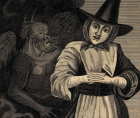
Cunning Plan 183: Teaching a broader Britain, 1625–1714
ArticleClick to view -

Putting black into the Union Jack: weaving Black history into the Year 7 to 9 curriculum
ArticleClick to view -

Inventing race? Using primary sources to investigate the origins of racial thinking in the past
ArticleClick to view -
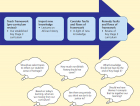
No more ‘doing’ diversity
ArticleClick to view -
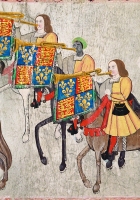
Widening the early modern world to create a more connected KS3 curriculum
ArticleClick to view -

Thinking beyond boundaries
ArticleClick to view

